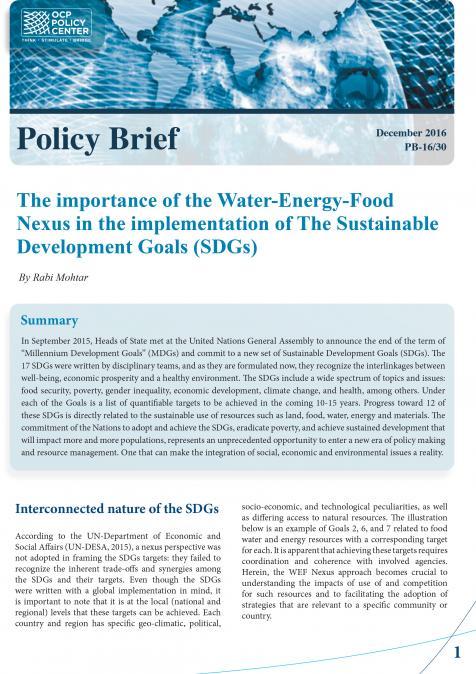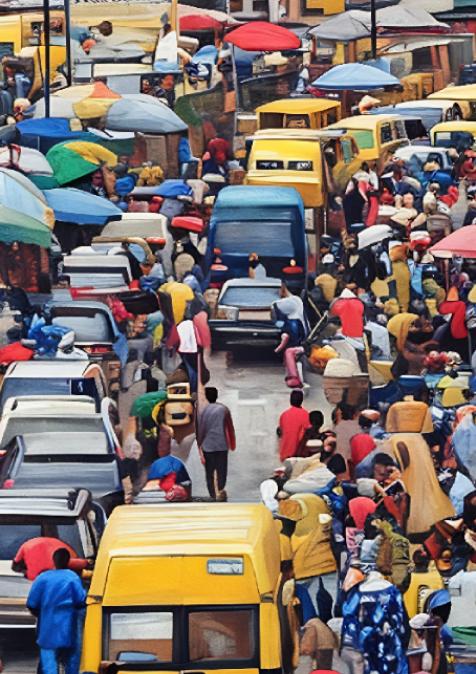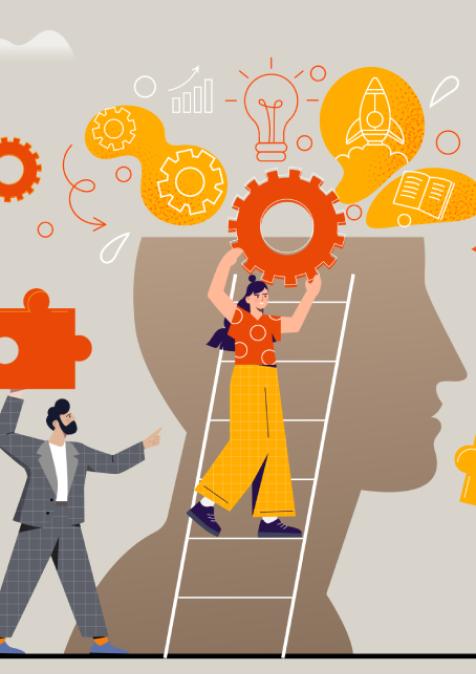Publications /
Policy Brief
In September 2015, Heads of State met at the United Nations General Assembly to announce the end of the term of “Millennium Development Goals” (MDGs) and commit to a new set of Sustainable Development Goals (SDGs). The 17 SDGs were written by disciplinary teams, and as they are formulated now, they recognize the interlinkages between well-being, economic prosperity and a healthy environment. The SDGs include a wide spectrum of topics and issues: food security, poverty, gender inequality, economic development, climate change, and health, among others. Under each of the Goals is a list of quantifiable targets to be achieved in the coming 10-15 years. Progress toward 12 of these SDGs is directly related to the sustainable use of resources such as land, food, water, energy and materials. The commitment of the Nations to adopt and achieve the SDGs, eradicate poverty, and achieve sustained development that will impact more and more populations, represents an unprecedented opportunity to enter a new era of policy making and resource management. One that can make the integration of social, economic and environmental issues a reality.








